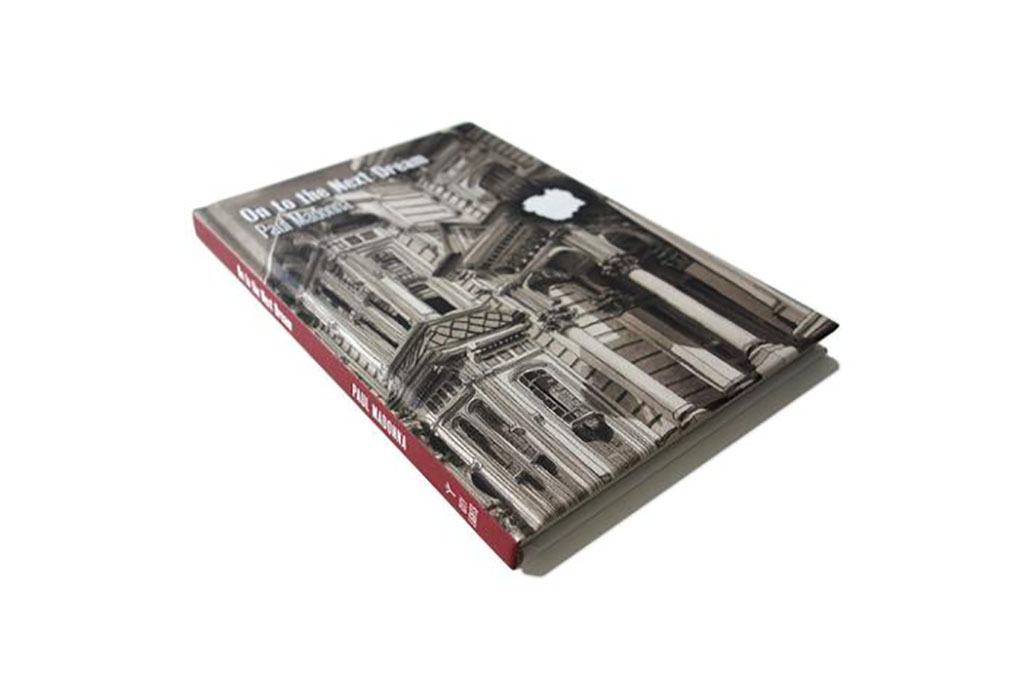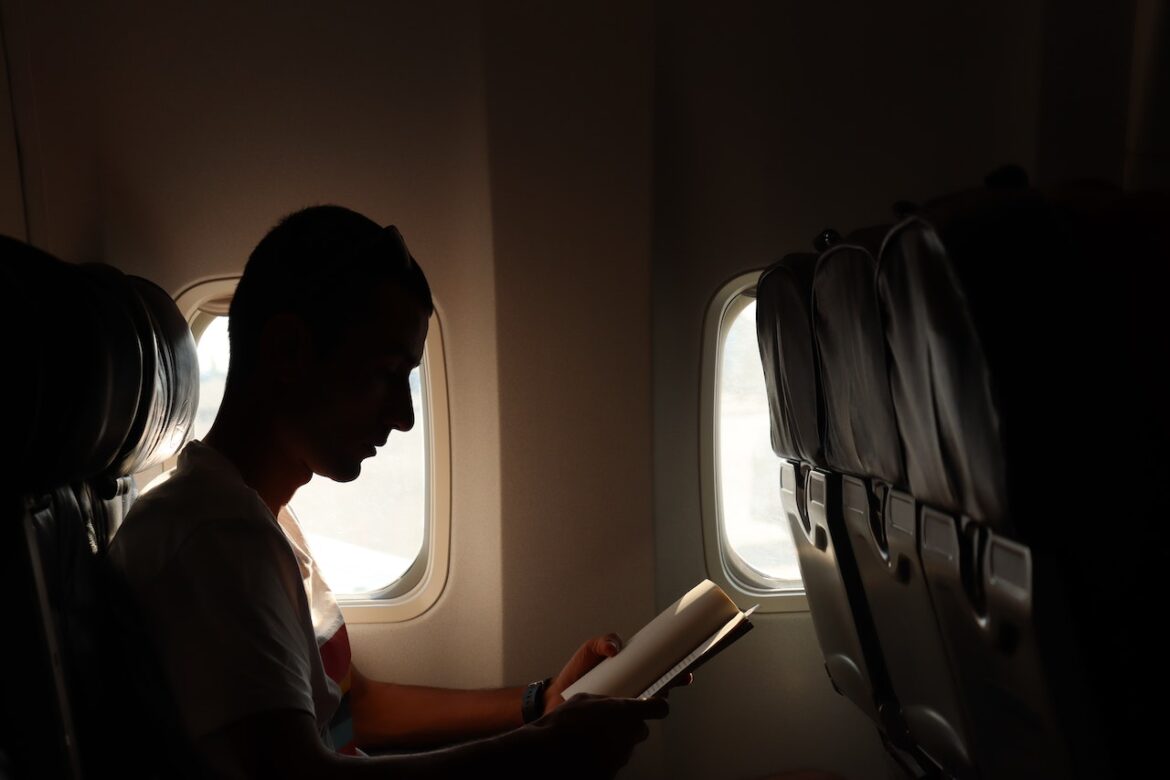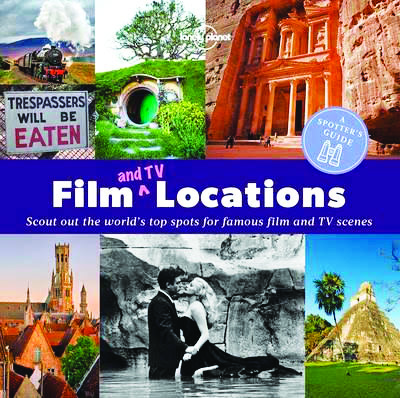
Film and TV Locations: A Spotter’s Guide
Perhaps you’re lucky enough to escape the grind of daily life by traveling a few times a year. More frequently, escapism demands shorter forms: A couple hours in the dark of a movie theater or an evening under the covers with a laptop streaming favorite television series. On occasion, the two modes meet and one finds oneself on the real-world location of a favorite fiction. This is the territory staked out in Film and TV Locations: A Spotter’s Guide (Lonely Planet, $11.99. www.shop.lonelyplanet.com), a showcase of over 100 real places scattered around the globe that have been transformed into landmarks of our collective imagination. These are spots that add subtext to selfies, bringing the eternal power of Hollywood to bear on our mortal wanderings. While it’s hardly a surprise to learn that Harry met Sally at Katz’s Delicatessen in New York, or that Rocky’s famous stair climb took place at the Philadelphia Museum of Art, travelers to New Mexico will be delighted to learn which branch of the Twisters fast-food chain played Los Pollos Hermanos in Breaking Bad, and that you can actually get a slice of cherry pie at the restaurant in Washington State used as the Double-R diner in Twin Peaks. Fancy a ride on the very train route that brings Hogwarts students to school each year? All aboard Scotland’s West Highland Line. How about a game of chicken on the rocky cliff made famous by Thelma and Louise? Utah’s Canyonlands National Park served as the Grand Canyon’s stunt double. A light browsing pleasure more than a substantive trip planning resource, this is popcorn for your bookshelves.
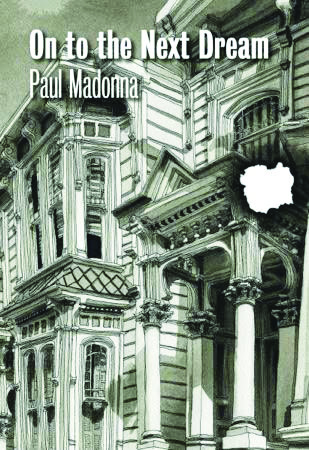
On To The Next Dream
In the summer of 2015, artist Paul Madonna and his wife were evicted from their San Francisco home, which also served as his studio. For a dozen years, Madonna’s richly shaded ink drawings of the city’s quirky cafés, tucked-away alleys, and moody Victorian homes had been featured in All Over Coffee, a comic strip (really more of a serial exhibition) in the pages of the San Francisco Chronicle. Pushed out of his home like so many San Francisco renters in the booming tech economy, Madonna wrestled with his feelings about gentrification, change, and nostalgia in the set of slightly more surreal images, and pithy accompanying texts assembled in On To The Next Dream (City Lights Books, $17.95. www.paulmadonna.com). It’s a tender bruise of a book that finds the universal in the local. Along with offering a bittersweet farewell to the idealized city of his memory, Madonna crystallizes the universal ache of aging and the wisdom that accompanies it: “Whether I liked it or not,” he writes, “this era of my life was now at an end…Each of us has our own version of San Francisco. A portrait that is formed on the day we arrive, and that, as the years go by, hold up as the one true representation of the city. But because it’s a portrait of our own making, it’s different from everyone else’s, and therefore, inherently false…This wasn’t just my story, but the story of every person who has ever wanted their version of the world to stay the same.”
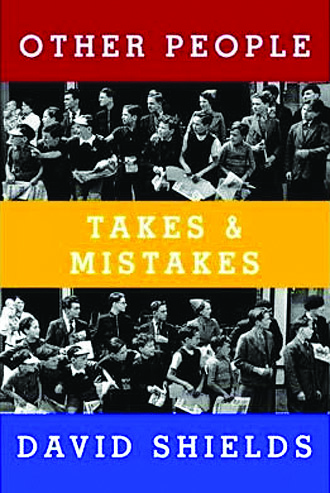
Other People: Takes & Mistakes
Over the past decade, this column has repeatedly spotlighted the books of David Shields, one of the most singular writers publishing today. His work blends the forms of essay, memoir, and criticism and incorporates subject matter from sports to philosophy to pop culture. He’s a literary mash-up artist, provoking and entertaining through juxtaposition. Shields’ latest, Other People: Takes & Mistakes (Knopf, $28.95. www.davidshields.com), makes an excellent introduction to his work for those yet to have the pleasure. In short, snappy sections of two to 15 pages, Shields effectively remixes his own greatest hits, refreshing and reshuffling the most potent passages of his past work while weaving in bits of new material and illuminating hidden motifs. From a love letter to his father, to an unorthodox celebrity profile of Bill Murray, to a riotous chapter written entirely in the clichéd phrases of television sports announcers, Shields moves fast and surprises frequently, drawing unexpected connections at every turn.
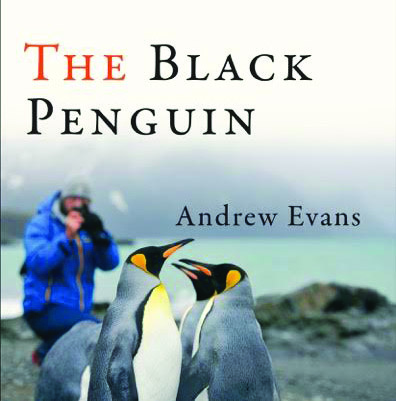
The Black Penguin
The Black Penguin is an odd duck. This curiously constructed hybrid of memoir and travelogue (University of Wisconsin Press, $24.95. www.uwpress.wisc.edu) interpolates author Andrew Evans’ account of an epic, eccentric trip from Washington, D.C. to Antarctica (traveling mainly on public buses) with reminiscences of his alienated youth as a gay Mormon in suburban Ohio. While the titular bird serves as an apt symbol for Evans’ personal sense of identity (part of a large society, while simultaneously an outsider), it doesn’t show up until near the book’s end (Evans spots it and photographs it for National Geographic, where he has worked as a writer and “Digital Nomad”). But along the way, the book shifts gears rather roughly from road trip to autobiography and back. For the reader, the penguin doesn’t feel like a guiding metaphor so much as a stumbled upon device, a strained effort to pull the book’s two narrative threads together. That said, Evans’ prose is marvelous for short hauls: both his childhood stories and his tales of vagabond life are sharply observed and evocative. And there are fleeting moments when the book’s two tracks beautifully fuse together: Teased as “the fag” in middle school, Evans recalls “locking myself away, surrounded by the books and maps that I loved. On my globe, I traced the coastline of every continent and memorized the intricate contours of the oceans…then I slapped the globe with all the vicious force of a child, spinning all the colored countries into a melting, whirling rainbow…a blur of possibility…”

Animals Strike Curious Poses
AIRPLANE READ OF THE MONTH
Gleefully snatching her title from Prince’s “When Doves Cry” and her subjects from the nooks and crannies of history, Elena Passarello proves herself both spritely and scholarly in Animals Strike Curious Poses (Sarabande Books, $19.95. www.elenapassarello.com). In each of the smart, funny pieces in this collection, she uses the story of a famous animal to reflect on the relationships between men and beasts, all the while settling readers into a magpie’s nest of trivia and fun facts. If the lady sitting next to you in economy starts prattling on about her grandchildren, you’ll be able to pull rank with genuinely fascinating anecdotes about Mozart’s pet starling, a defrosted woolly mammoth, and spiders on space flights. It’s a fabulous menagerie for the mind.


